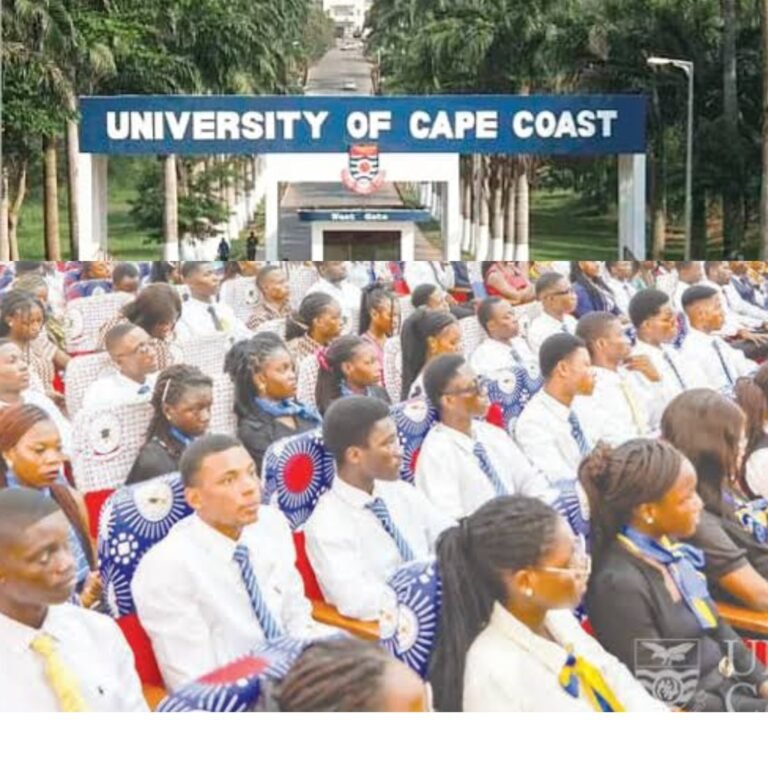
President Akufo-Addo chairs ECOWAS
President Nana Addo Dankwa Akufo-Addo, this week, took his seat officially as Chairman of the Economic Community of West African States (ECOWAS) at a colourful ceremony in Niamey, Niger, on the occasion of the 57th Session of ECOWAS Heads of State and Government.
The President goes into the august position with a record that is almost unbeatable, having clawed Ghana’s economy from a woeful three per cent growth and an IMF programme to a global record of eight per cent, as the one of the world’s fastest growing economies.
That record was enough to attract global business giants and financial institutions as well as investors and presidential invitations and visits – with the attendant benefits in bilateral cooperation and technical support.
The records
Back at home, his leadership has positively impacted public sector reforms, resulting in more graduates, including nurses and teachers, finding jobs where a previous government deliberately frustrated such graduates, blaming it on IMF.
With almost all the sectors in doldrums, President Akufo-Addo and his government had to engineer solutions from the energy sector through health and education, agriculture and manufacturing to mining, in putting Ghana back on the map as a sub-regional hub for regional integration – even if just at a largely informal level.
Trade has since picked up with neigbouring countries, including Burkina Faso, Benin, Cote d’Ivoire and Nigeria, who Ghana is engaging in abiding reforms that are likely to form some basis for a harmonisation of policies – which, indeed, has been the bane of recurring conflicts in trade and regional integration.
Ingredients for rapid growth
As we have been told by the experts, for ECOWAS or the sub-region, for that matter, to grow and catch up with the rest of the developed world, it must effectively and systematically embark on regional integration, among other key ingredients, including jobs creation for the bulging youth populations as well as formalisation.
Experience
Thankfully, Ghana under President Akufo-Addo is proving that it is on top of these issues, after only less than four years in office, from a position of economic disadvantage, courtesy the incompetence and reckless governance of the previous Mahama administration.
Reforms in the banking, telecommunications as well as agricultural sectors are enhancing collaboration among formal and informal actors in the sub-region, resulting in food security, reduction in conflicts between producers and nomadic cattle herders and cross-border armed robbery activities.
Substantial logistical support from the government for interior agency personnel is also culminating in reduction in illegal migration and child trafficking as well as transparency in doing business among informal economy actors in neighbouring countries. The Ghana Card initiative is also adding to the gains in putting names to faces in cases of cross-border criminality.
Home and dry
Against the background of the achievements of the President, he could safely be said to be at home in his new role as Chairman of ECOWAS, even at a time the sub-region is under stress from cattle herders with links to jihadists, and traders also agitated over lack of unified policy and standards in engaging in economic activity, as evident in the Ghana-Nigeria trade impasse.
That is why we believe that we can overcome and effectively integrate by merging the frameworks of the Burkina Faso-Ghana Joint Trade Commission and the nascent recent Ghana-Nigeria Trade Council in once and for all implementation of a formalized structure to seal the regional integration deal to spur growth among member states.
Having led in several initiatives at regional integration, including Ghana’s recent donation of the Africa Continental Free Trade Area (AfCFTA) office complex to boost the AfFCTA vision, President Akufo-Addo certainly has the capacity in generating the bolts and nuts to seal the ECOWAS integration dream for the benefit of the peoples in the sub-region.







